Team-Based Learning Application Exercise developed by Senior Minister of State, Ministry of Health and Ministry of Communications & Information, Dr Janil Puthucheary
What are some of the complexities of healthcare in Singapore? What is the role of public policy in Singapore’s healthcare system? With Singapore’s ageing population, will current systems be able to cope and provide for future healthcare demands?
These were some of the pertinent questions addressed as part of a Team-Based Learning Application Exercise (TBL AE) developed by Senior Minister of State, Dr Janil Puthucheary, and the team from the Ministry of Health, held at the Novena Campus on 10 May 2024, with LKCMedicine’s Year Two MBBS students.
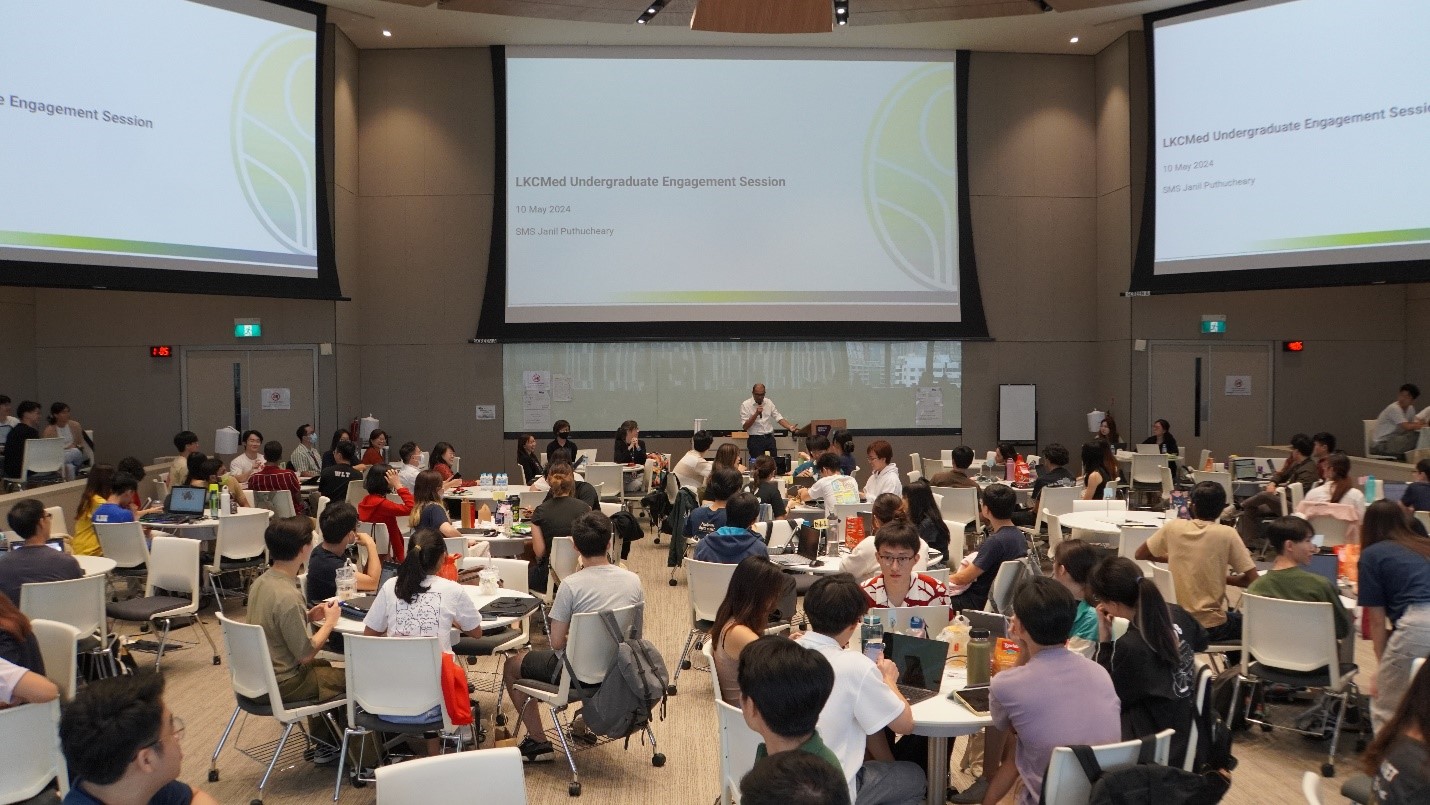
As part of the exercise, Dr Puthucheary and the students discussed Government’s rising expenditure on healthcare and the importance of ensuring that spending was sustainable.
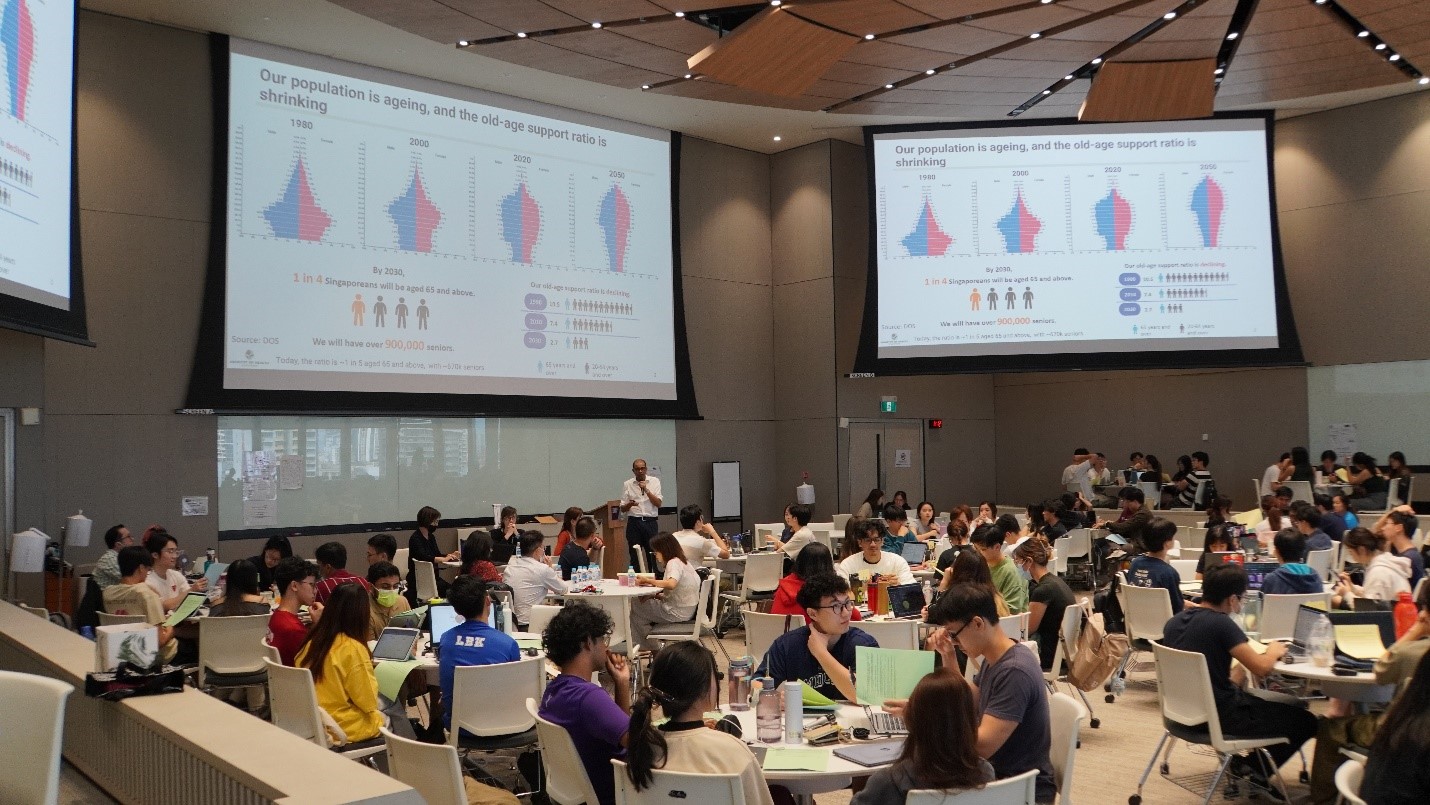
Health and Social Services was set to grow in the coming years. Healthcare costs would also continue to rise, driven in part by new and more expensive treatment options.
The class and Dr Puthucheary examined reasons why it can be hard to influence patient choices, noting that health-seeking behaviours continue to need improving despite some progress.
In the presentations it was explained by Dr Puthucheary how MOH, the statutory and professional boards, and the entities under MOH Holdings (MOHH) work together to support public healthcare. He also went through levers used to govern public healthcare services such as Manpower, Financing and Regulations.
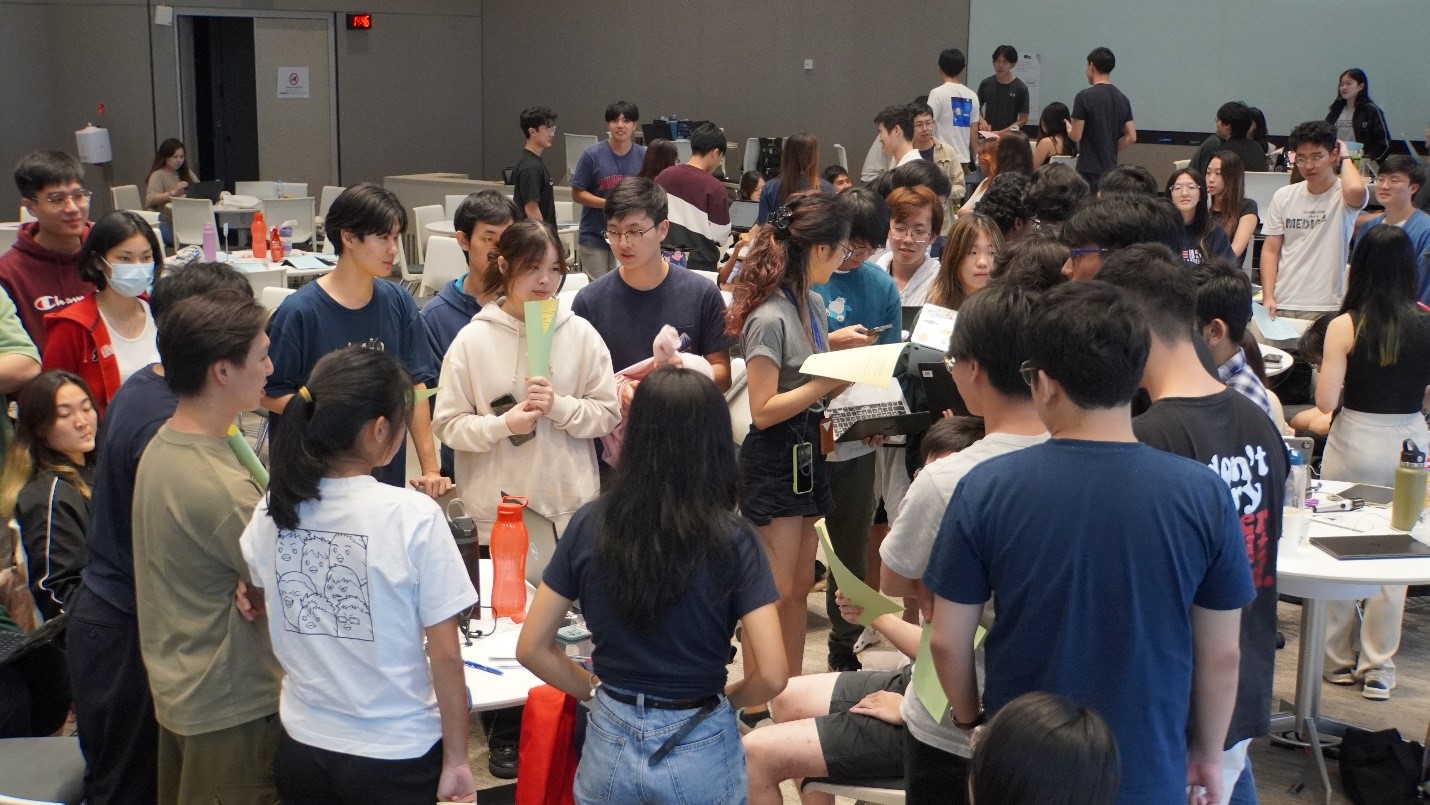
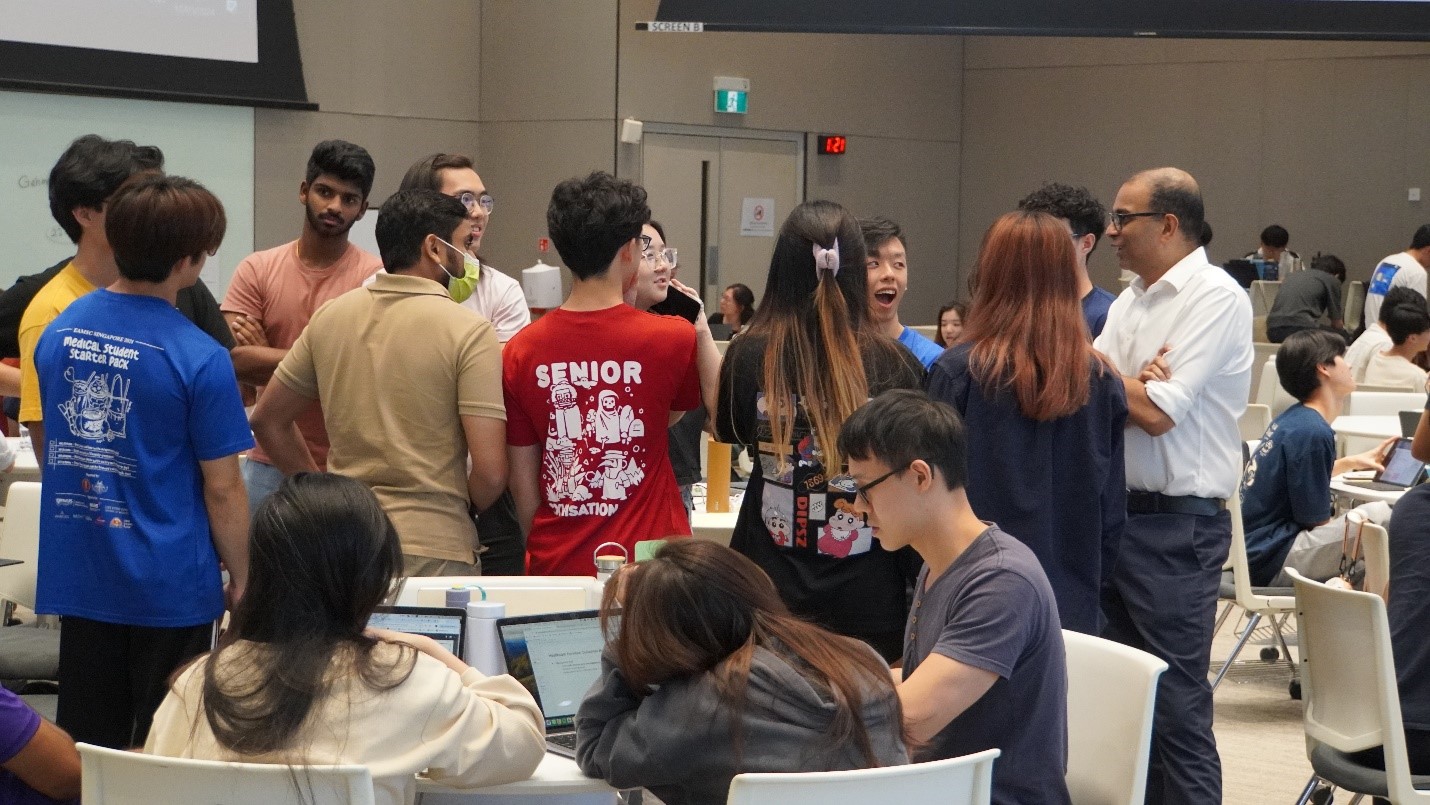
The session deepened students’ appreciation for the complexities of healthcare in Singapore. Students who attended the session were of the general opinion that it broadened their perspective and understanding of Singapore’s healthcare policies and systems.
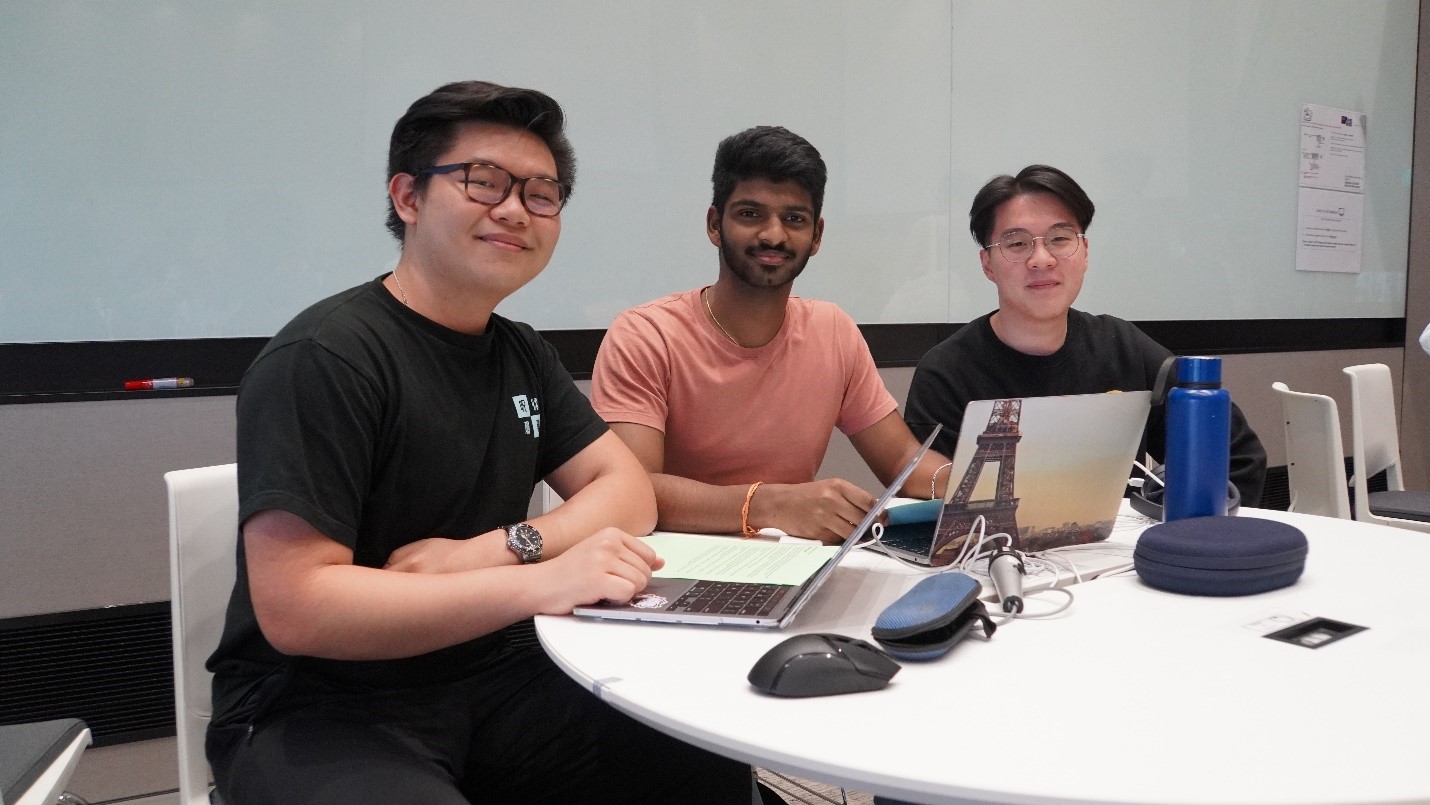
“I felt that the session was very fruitful and informative as it gave us an opportunity to delve deeper into issues that are extremely relevant to us, but we often lack exposure to. This is because we spend most of our early years in medical school focused on medical sciences but are not exposed to the realm of public policy and how the practice of medicine affects not just healthcare workers but also the general public.”
- M2 student Steve Chiow
“It was a very eye-opening session as I got to see different perspectives with regards to decision making in the healthcare system. As medical students, we might have varied opinions about the healthcare system and might not be able to see the larger perspective of things. By grouping us into various divisions such as manpower and finance, I was able to appreciate the challenges faced in multiple sectors.”
- M2 student Karthikeyan Saravanan
“I was quite surprised to hear that Senior Minister of State Janil Puthucheary would be coming down to conduct an engagement session with us. At first, I thought that it would just be a simple sharing where he shares some insights into the political side of the healthcare industry so I was pleasantly surprised to hear that we would be taking part in activities that he had specially prepared for us. The activities provided us with some invaluable insight into aspects of healthcare and health policymaking that will be useful for us as we move into our clinical years.”
- M2 Nigel Lee
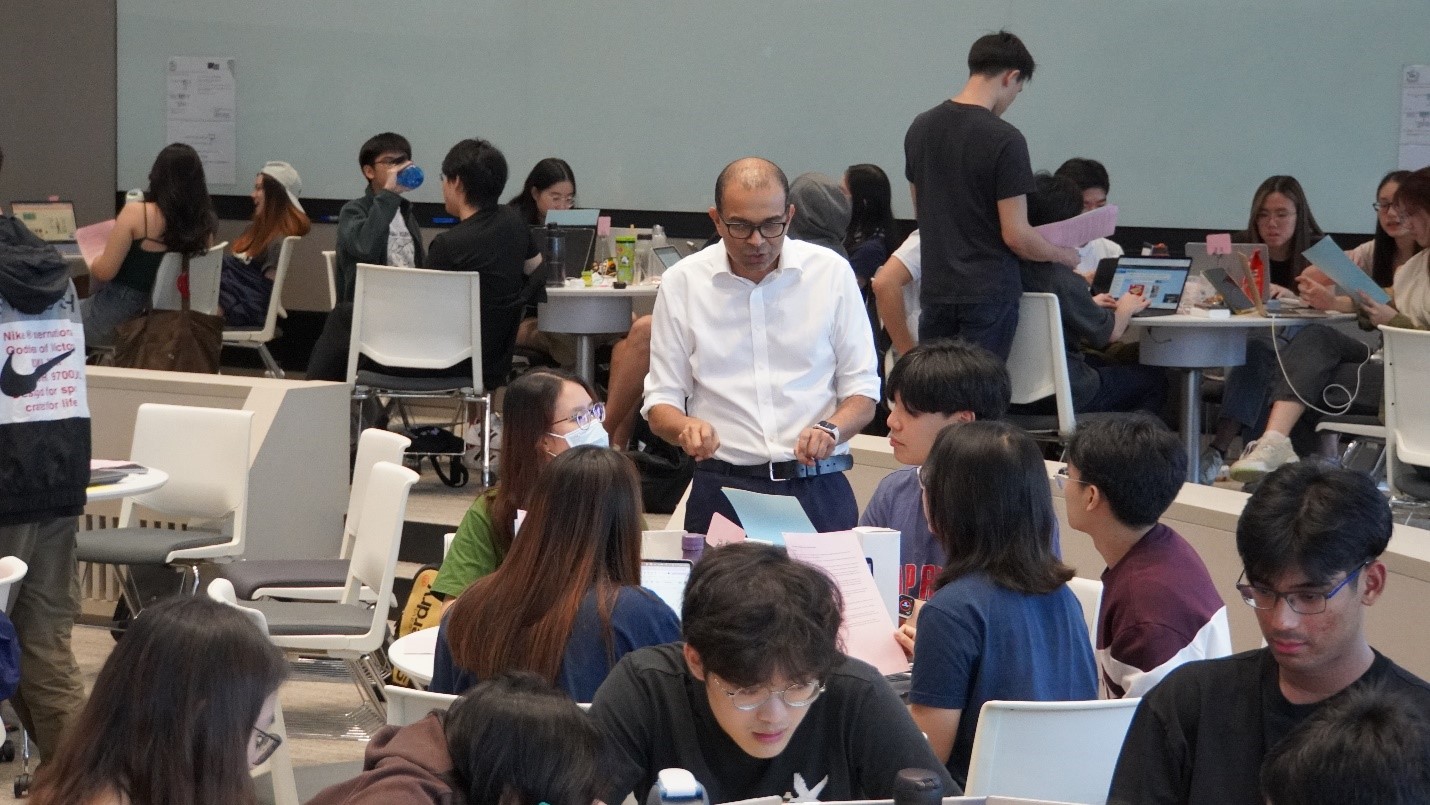
In conclusion, the key takeaway Dr Puthucheary left the students with was that there were no easy answers. He said, “How to decide what is a good healthcare policy, idea or investment is not straightforward as there will always be competing demands and imperatives. There are no clear answers and it’s about navigating and weighing the trade-offs. When you finish medical school and start to have your own patients or run your own clinics and teams, you would have to carefully weigh your decisions and understand how they affect people and systems outside of your direct clinical responsibilities. Holding yourself up to a higher standard is an important part of the profession, whether you’re working in the frontline or developing healthcare policy.”





.tmb-listing.jpg?Culture=en&sfvrsn=84a93c56_1)

